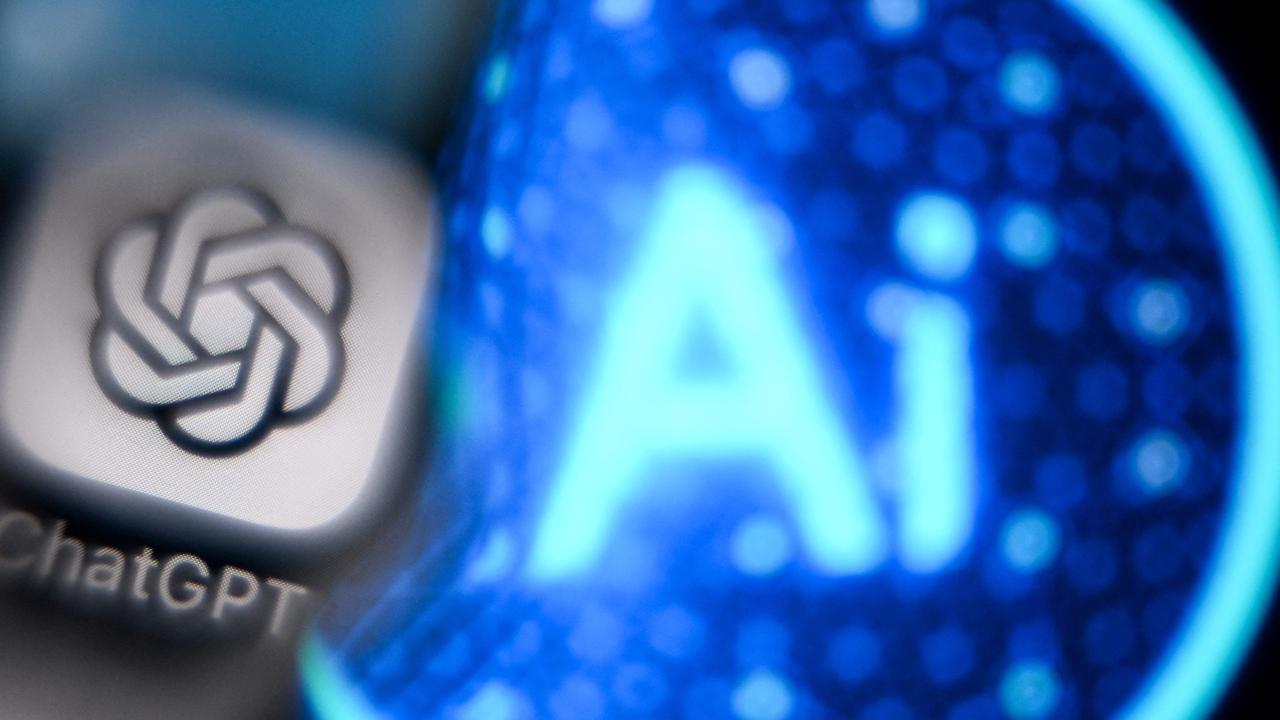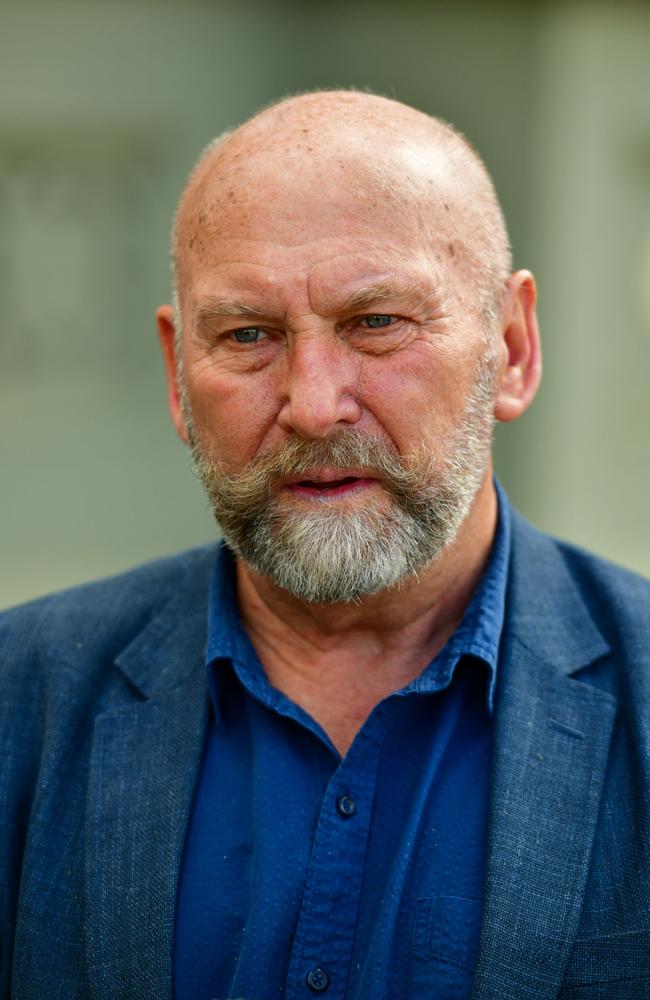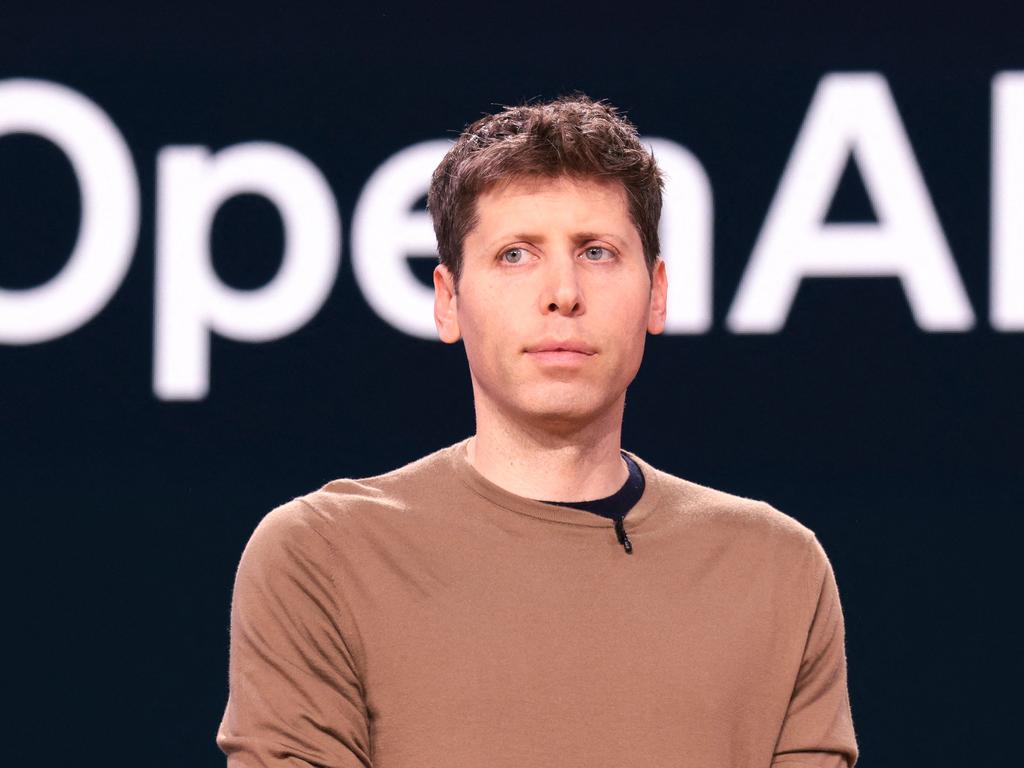Hepburn Shire councillor Brian Hood ‘digitally erased’ by ChatGPT after legal threat
A Victorian mayor who threatened world-first legal action against ChatGPT has been cancelled by the automated chatbot in a move experts are calling “digital suppression”.

An Australian mayor who went viral after threatening to sue an artificial intelligence chatbot has been “digitally erased” along with every other person sharing his name.
His is among five known names that trigger the company’s automated chatbot ChatGPT to shut down the conversation at their mere mention – and online sleuths are looking for more.
Experts have branded the move a new form of “digital suppression” amid fears there is no legal framework to protect everyday Aussies from being “digitally disadvantaged”.
Brian Hood, who was recently re-elected as a councillor for Hepburn Shire, northwest of Melbourne, made global headlines last year with what would have been a world-first test case.
Mr Hood sent a letter of concern to OpenAI after ChatGPT incorrectly claimed he had been convicted for foreign bribery.

In fact, Mr Hood was a whistleblower in the 2000s case that involved a subsidiary of the Reserve Bank of Australia.
His lawyer, Gordon Legal partner James Naughton, said ChatGPT had called Mr Hood “a criminal”.
“All of that was nonsense and it was a problem for him because he was on the board of a bank and he was an elected official,” Mr Naughton said.
Ultimately, OpenAI agreed to remove the false statements and Mr Hood abandoned the legal action.
Mr Naughton said resolving the issue was a good outcome because it raised awareness that defamation legislation rules could also apply to newer forms of media content, including generative AI.

In addition to removing the defamatory search result, ChatGPT also appeared to block any request using the name Brian Hood.
CSIRO Data61 director Jon Whittle said it seemed OpenAI had “hard coded” the chat bot to filter out the name, rather than retraining the model.
“They have used a brute force approach just because it’s hard to remove data once the model has been trained.”

Mr Hood said the “sledgehammer approach” was unfair.
“I’ve had a corporate career as well as my role as a councillor,” he said.
“Anyone inquiring about me with Chat GPT won’t be able to find any information about any of my achievements or contributions.”
Get the latest news straight to your inbox. Subscribe to our newsletters.
He said it was also a concern for other people around the world who shared his name.
“There’s a prominent musician in the US by the name of Brian Hood. I don’t think he’d be too impressed to find out he’s been wiped by AI,” he said.
Experts in ethical and legal artificial intelligence use agreed.

University of Technology Sydney Human Technology Institute co-lead Professor Nick Davis, said the action was “a new form of digital censorship, digital erasure, digital suppression”.
While the solution might protect ChatGPT from defamation Prof Davis claimed it was “dangerous and disproportionate” in light of other consequences.
“Imagine your name becomes suppressed when talking to a customer service bot about your banking situation,” he said.
“Suddenly you become a digitally disadvantaged person based on your name. Nothing to do with who you are and not your fault.”
Prof Davis said a name could be blocked for any reason.
“(Hypothetically) I might run into Sam Altman (OpenAI chief executive) and he doesn’t like me and erases me,” he said.
“If Elon Musk doesn’t like someone, can he just delete their Twitter account? He probably can.”
Australia did not have clear legal framework to protect people from “this type of suppression or censorship”, he said.
“Our lives run on digital infrastructure. We used to think of just the internet, but whole businesses are relying on social media and now businesses are relying on large language models.”
“We have to ask ourselves, is this public infrastructure?
“Do we need to make sure people have rights and are protected in those spaces more than they are today?”.
Open AI has been contacted.
Originally published as Hepburn Shire councillor Brian Hood ‘digitally erased’ by ChatGPT after legal threat


